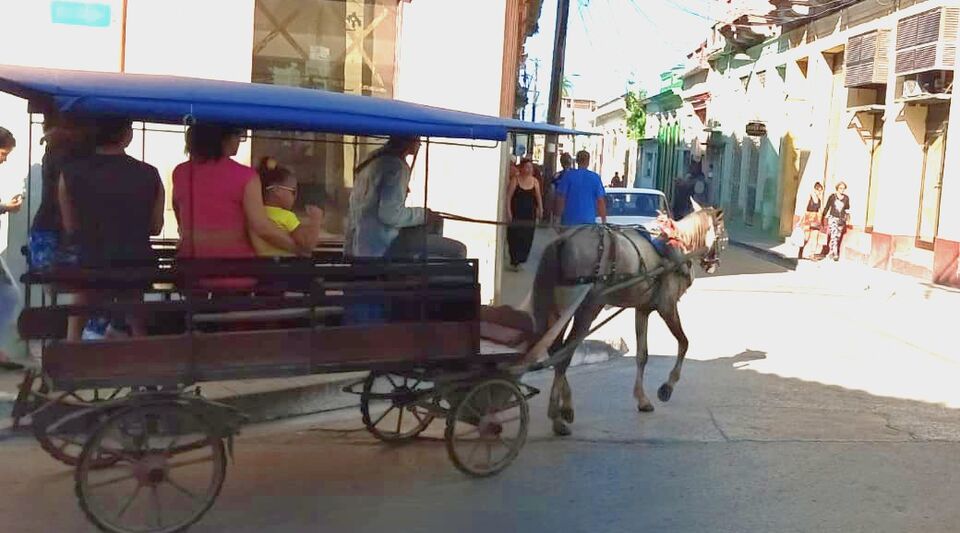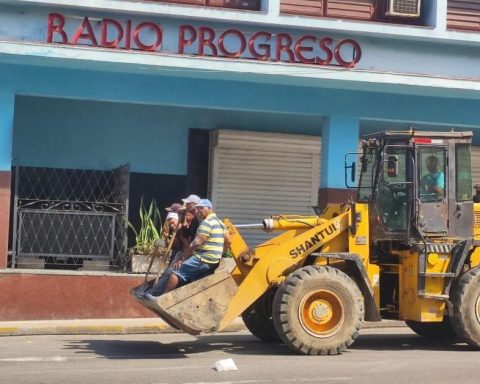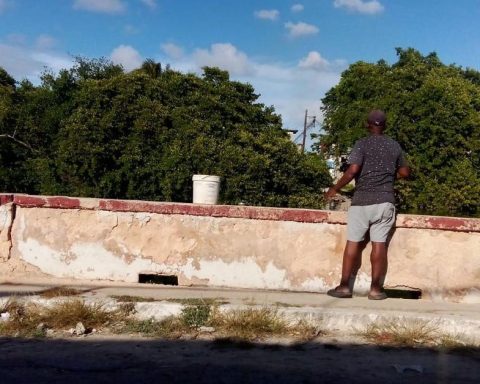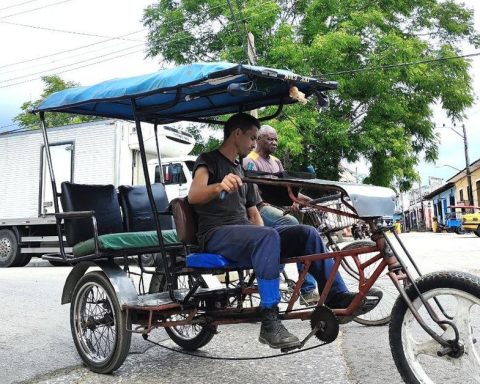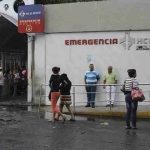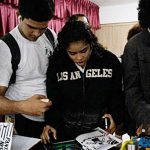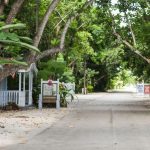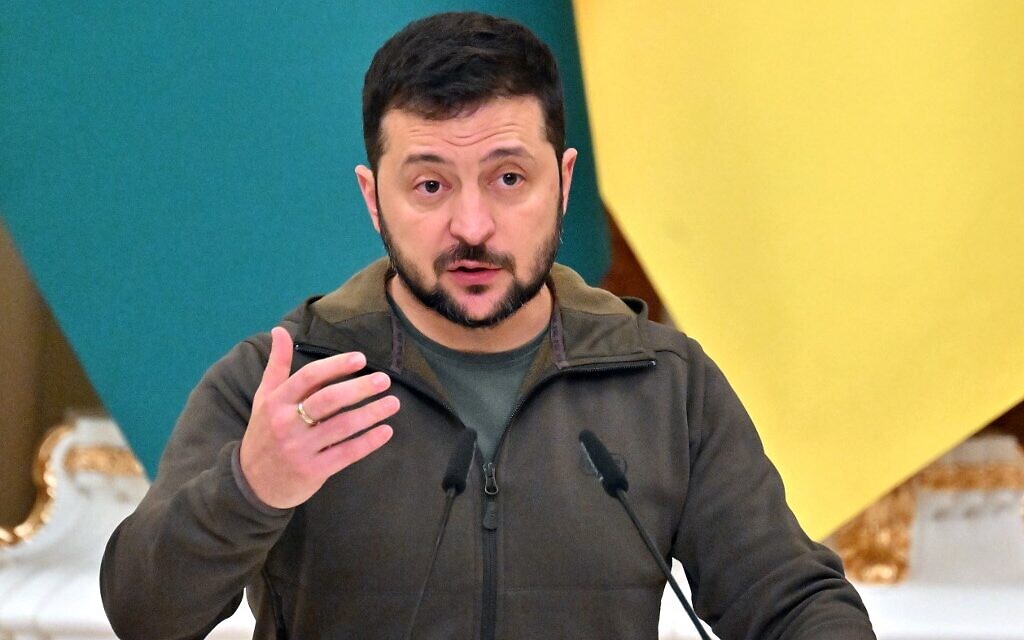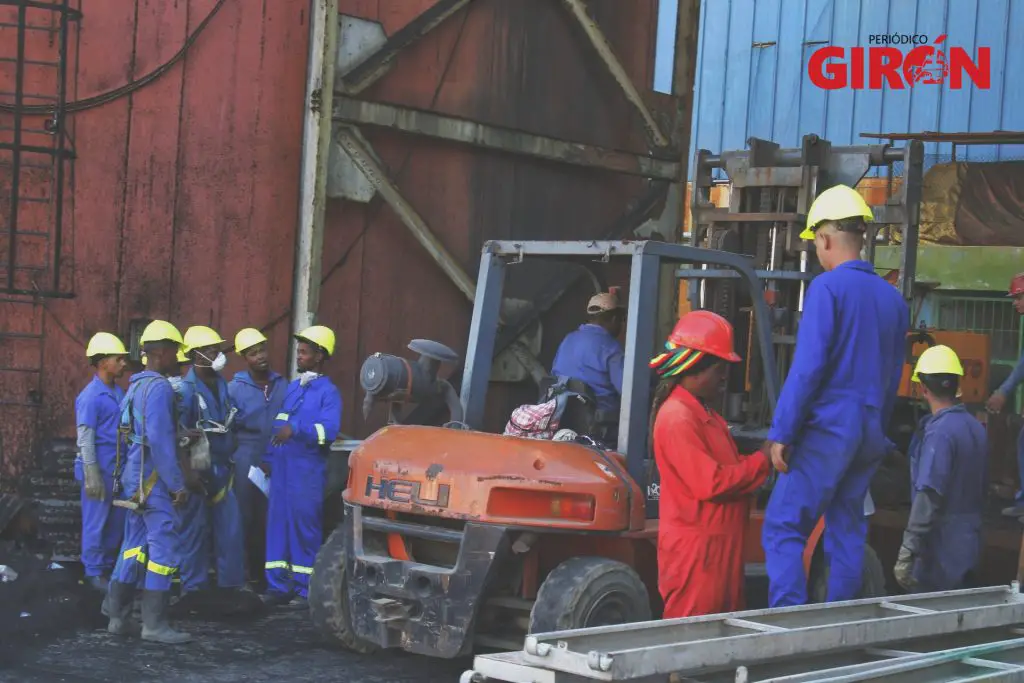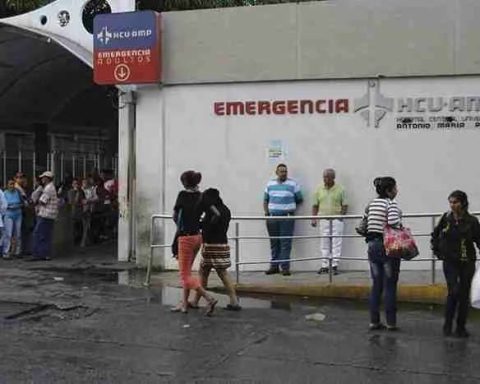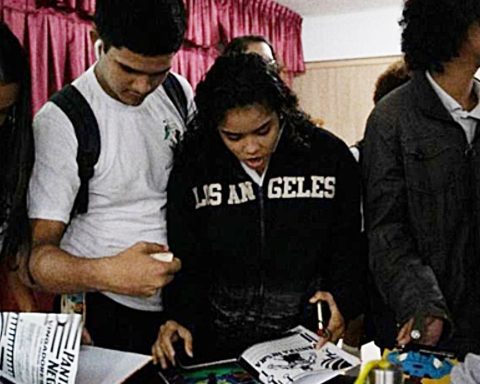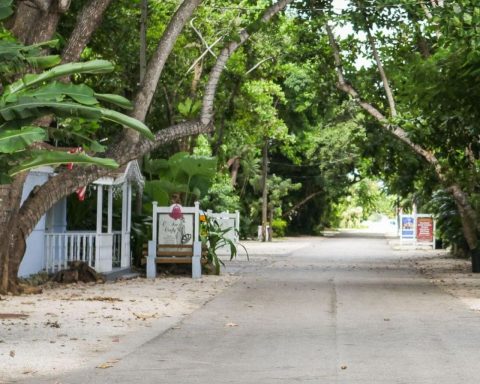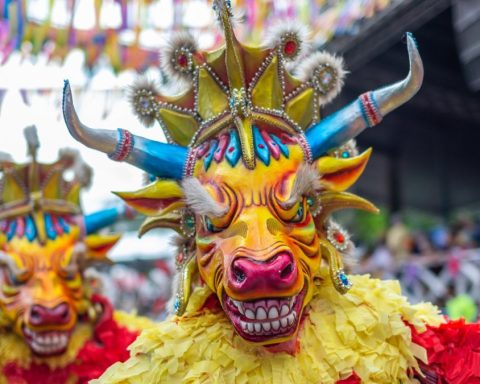Jinaguayabo is close to the sea. To the north, the luxurious Villa Clara keys; to the south, Remedios, after an ailing road along which horse carts circulate at a slow pace and under the sun. It is a poor country town with no more than 700 inhabitants and from which everyone ends up leaving. In such an isolated enclave, coachmen maintain essential communication with neighboring towns, but their normally quiet routes are now infested with raiders.
Gerónimo, owner of a passenger cart, leaves for work at seven in the morning. “At that time it’s easy,” he explains to 14ymedio. “It is when the people of Jinaguayabo travel to Remedios, to study or to work centers. Then I have another session, from three to seven at night: it is the moment in which they return to the town.”
Several weeks ago, he says, he found three people waiting on the side of the road and they asked him for a bottle to go to Remedios. They climbed into the cart, two in the back seats and one next to him. “When they were getting to the bridge, the one behind me tied a strap around my neck and forced me to park in the ditch,” says Gerónimo, who immediately obeyed his attacker.
The others were in charge of going through their pockets: they took the phone, some bluetooth headphones, their watch and the collection of the day, 2,500 pesos. “At least they left me the horse and cart,” he says with some relief. “Now we have to see if I can buy back what I lost, because the Police are not going to find the thieves.”
The others were in charge of going through their pockets: they took the phone, some bluetooth headphones, their watch and the collection of the day, 2,500 pesos.
Despite isolation and poverty, Jinaguayabo has always been on the side of the most tense events in Cuba. Located very close to the first settlement of the conquistadores in Villa Clara, besieged by corsairs and pirates, and centuries later by insurgents, the town has been no stranger to violence. However, its inhabitants lament, the atmosphere is electrified and the tension is felt when crossing, at dusk, any road.
“You can no longer go to Remedios by bicycle, like before,” complains Daivel, a 19-year-old boy whose parents have forbidden him from riding at night for the five kilometers that separate Jinaguayabo from the so-called “eighth village” of the Island. “I used to cycle there on weekends, but now they won’t let me go for fear something might happen to me along the way. If I go to Remedios I have to sleep over with some friends and come back in the morning,” he says. .
The situation is repeated in other rural towns, such as Taguayabón –to the west, between Remedios and Camajuaní– where thieves prey on carnivals in November. At two in the morning, when everyone is drunk and their senses dulled in the dark, it is easy for bandits to take a wallet or a watch, or corner a clueless villager.
They also manage to force the entrances to the houses, which are less protected because, as María points out, “everyone knows each other in the countryside.” She and her husband returned from the festivities at dawn to discover a smashed window in their home. Inside, she says, “everything was a mess. They had taken a cell phone and cash, which I had hidden in the closet.”
Crime is so widespread that you can no longer trust even the workers you hire to work. Daniela, a housewife from Remedios, looked for a 26-year-old bricklayer she knew of the family to change the tiles and the sink on the kitchen counter. “She came to work for only one day and did not finish it. She told me that she had a fever and a cold,” she explains. That same night, a powerful LED light that she had in the patio was stolen. “My husband, who knew that the boy was in bad company, went to the bricklayer’s house. He himself had stolen the lamp, taking advantage of the fact that he knew the house, and he displayed it shamelessly in his patio,” laments the woman.
In the marginal areas of the cities or in the rural towns the situation is unacceptable, but it is even more serious in the homes of the peasants.
In the marginal areas of the cities or in rural towns the situation is unacceptable, but it is even more serious in the peasants’ homes. Francisco, a peasant whose farm is in the vicinity of Rosalía, near Taguayabón, had two oxen with which he worked on his plot.
After working and taking a bath, Francisco used to have lunch and take a nap, while the animals grazed near the house. “In short,” he says, “when I was sleeping very peacefully, the bandits had been ‘watching over’ my sleep for many days. They had me studied.” As night fell, he saw that the oxen had disappeared.
A television program financed as propaganda by the Ministry of the Interior, Tras la huella, shows a squad of police officers quickly solving criminal cases. “But real life is not like that,” says Francisco, for whom no need to wait for the authorities to take action on the matter.
Some neighbors helped him organize a search party, they found a broken wire fence and a groove. Further on, near the town of Palenque, they discovered a bush where the drunken thieves were dismembering the animals. The second ox, tied to the fence, tried in vain to free itself.
“We caught three thieves and the police took them away,” says Francisco. “But they have already released one of them. The normal thing is that they leave due to lack of interest in the investigations, or because the agents do not even bother to come.”
No one is safe. Not even in the center of big cities like Santa Clara. Ernesto, the owner of a motorcycle repair shop not far from the ETECSA offices – just one block from Vidal Park – had one of the vehicles he had in the warehouse stolen at nine at night, while his family was watching the novel.
The thief broke the fiber cement roof of the workshop and took a motorcycle with just two and a half years of use, which needed painting and a new battery. However, he did not realize that Ernesto had installed cameras and did not have his face covered. “It wasn’t hard to identify him,” he says. “A week later, the police found the thief and recovered the motorcycle. However, I know that I was lucky.”
________________________
Collaborate with our work:
The team of 14ymedio He is committed to doing serious journalism that reflects the reality of deep Cuba. Thank you for accompanying us on this long road. We invite you to continue supporting us, but this time becoming a member of our newspaper. Together we can continue transforming journalism in Cuba.
